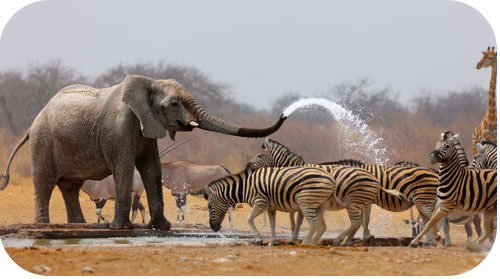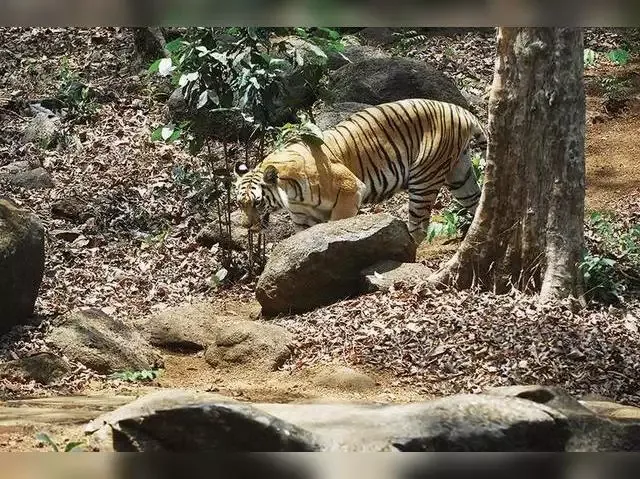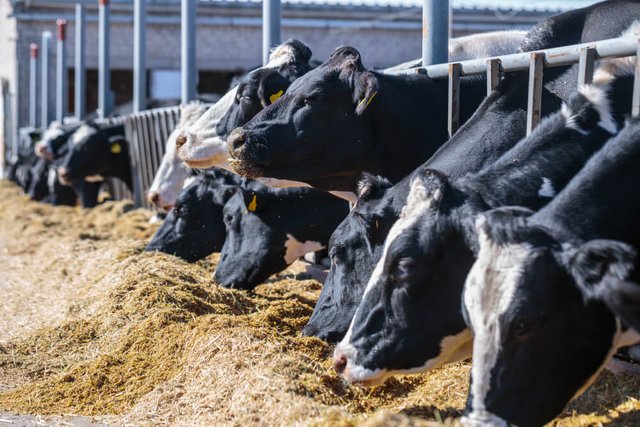Exploring the Fascinating World of Animal Behavior on the Blockchain

Introduction
The digital age has witnessed the emergence of innovative technologies that have transformed various industries, including finance, healthcare, and entertainment. One such technology that has captured the attention of both enthusiasts and experts alike is blockchain. Initially designed to support cryptocurrencies like Bitcoin, blockchain has evolved to find applications in numerous sectors, even extending to the realm of animal behavior and conservation. This article delves into the concept of "Steem of Animals," exploring how blockchain technology is being used to study, monitor, and protect wildlife.
Blockchain Basics

Before we delve into the concept of the "Steem of Animals," it's essential to understand the basics of blockchain technology. A blockchain is a decentralized and distributed digital ledger that records transactions across a network of computers. Each recorded transaction forms a "block," and these blocks are linked together in chronological order to create a chain. This decentralized nature, combined with cryptographic security, ensures transparency, immutability, and traceability of data.
The Steem Blockchain and Its Evolution
Steem is a blockchain platform that was initially designed for social media and content creation. However, its underlying technology has found applications beyond its original purpose. One such application is the concept of the "Steem of Animals." This term refers to the utilization of blockchain technology to track and document the behavior, movement, and interactions of various animal species.
Applications of the Steem of Animals
1.Wildlife Conservation:
.webp)
Blockchain can be used to create digital identities for individual animals, recording data such as species, age, and behavior patterns. Conservationists can track endangered species' movements and behaviors to develop more effective protection strategies.
2.Research and Study:

Scientists and researchers can use blockchain to create a tamper-proof repository for their findings. This ensures that their data remains intact and trustworthy, supporting peer-reviewed research in the field of animal behavior.
3.Eco-Tourism:
The Steem of Animals can enhance eco-tourism experiences by providing tourists with real-time data about the wildlife they encounter. This not only educates visitors but also fosters a deeper appreciation for the creatures they observe.
4.Awareness and Education:
Public engagement is vital for wildlife conservation. Blockchain technology can facilitate interactive platforms that allow individuals to learn about animal behavior, migration patterns, and more. This knowledge can inspire people to take action in preserving biodiversity.
5.Anti-Poaching Efforts:
By using blockchain to track animal movements and behaviors, anti-poaching efforts can be strengthened. Suspicious activities or disruptions in expected behavior patterns can be quickly identified and addressed.
'''Challenges and Considerations'''

While the concept of the Steem of Animals holds immense potential, there are several challenges to overcome:
1.Data Accuracy:
Accurately recording animal behavior requires sophisticated tracking technologies. Ensuring the accuracy and reliability of data input is crucial for meaningful outcomes.
2.Privacy Concerns:
Balancing the need for public education with the privacy of individual animals can be complex. Safeguarding sensitive information while providing valuable insights is a delicate task.
3.Technology Accessibility:
Implementing blockchain technology in remote or underdeveloped areas where wildlife conservation is most critical might pose challenges due to limited technological infrastructure.
Conclusion
The concept of the Steem of Animals underscores the incredible versatility of blockchain technology. By harnessing the power of blockchain, we can gain deeper insights into animal behavior, contribute to conservation efforts, and raise awareness about the importance of protecting our planet's diverse ecosystems. As blockchain continues to evolve, its potential to revolutionize our understanding of the natural world remains an exciting prospect that holds promise for both scientific progress and environmental sustainability.
|